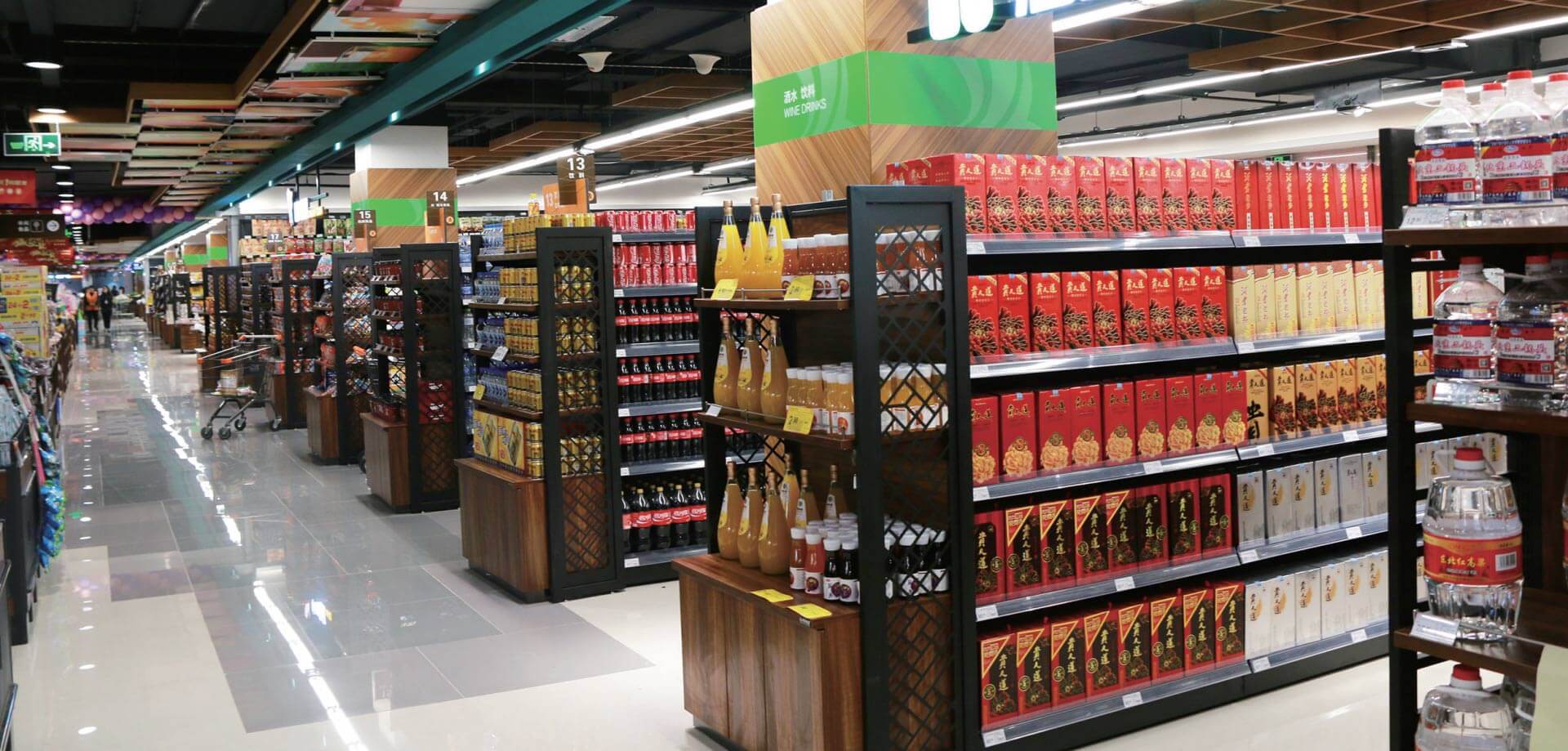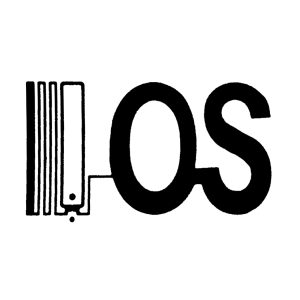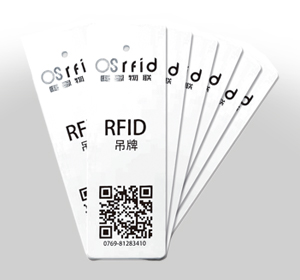1. Why RFID for Retail Industry?
01. Inventory management: RFID allows for precise, real-time inventory tracking. Retailers can count and locate products quickly and effectively, eliminate stockouts and overstock, optimize inventory levels, and increase overall supply chain visibility.
02. Loss prevention and product authentication: Because each RFID tag has a unique ID code, businesses can use RFID to verify products and prevent counterfeit transactions. It can also be used in retail stores to deter theft.
03. Improved operational efficiency and consumer experience in stores: RFID, among other things, offers self-checkout, tailored recommendations, and interactive product displays. It eliminates physical effort while improving the shopping experience.
04. Shelf replenishment: RFID tags on products and shelves may detect when items are running short and send refilling alerts. This improves the shelf replenishment process, eliminates manual work, and guarantees that customers have easy access to products.
2. Hot-sell RFID Tag For Retail Industry
Retail management covers a wide range of industry applications, among which clothing and footwear, cosmetics, jewelry, tobacco and alcohol have widely deployed RFID technology. As a professional RFID label manufacturer, OSRFID offers a complete range of RFID labels tailored for the retail industry.The antenna design within the tags can be customized to match your logo, ensuring optimal RFID performance while enhancing your brand value.
[ Tips ]
Why Choose OSRFID?
- OSRFID is one of the largest RFID inlay&label manufacturers in China
- OSRFID has a production capacity of one billion inlays per year
- OSRFID use the Mühlbauer DDA 40K WF to produce the RFID inlay
- OSRFID use the Voyantic Tagformance to test RFID inlay and label
- OSRFID can produce the eco-friendly RFID products.
- OSRFID has the strong chips supply chain, main RFID chips brands are our strategic partners.
- In addition, we can provide the euivalent/alternative chips to solve the chip shortage problem
RFID tags in every retail industry application

01. Apparels Field
The application of RFID technology in the clothing industry, RFID technology is ubiquitous in our lives, and now, many clothing companies use RFID technology, such as Decathlon, Uniqlo, Hailan Home, etc.
Taking Decathlon as an example, Decathlon set up its own RFID company, Embisphere, in 2010. At present, about 85% of products are marked with RFID tags. In addition to being applied to inventory and supply chain management, Decathlon has also realized batch cashiers in stores. , reduce the queuing time of consumers and improve the experience. Jean-Marc Lieby, head of the Decathlon RFID project, said that RFID technology has improved the efficiency of inventory by 5 times and reduced the loss rate of goods by about 10%.
02. Jewelry
Introduce RFID technology into jewelry management, affix RFID labels to jewelry, and use inventory equipment installed on the counter to monitor, control and track labeled products to achieve rapid inventory, real-time tracking and sales management intelligence. In this way, the in-out and sales process of commodity products can be tracked and recorded in an all-round way, and the cumbersome and inefficient manual management and barcode scanning mode are replaced with new automated and accurate and efficient methods. Jewelry labels are RFID labels, each label has a unique ID number, and the label records the warehouse, cargo area, shelf and other commodity information on the national inspection certificate.
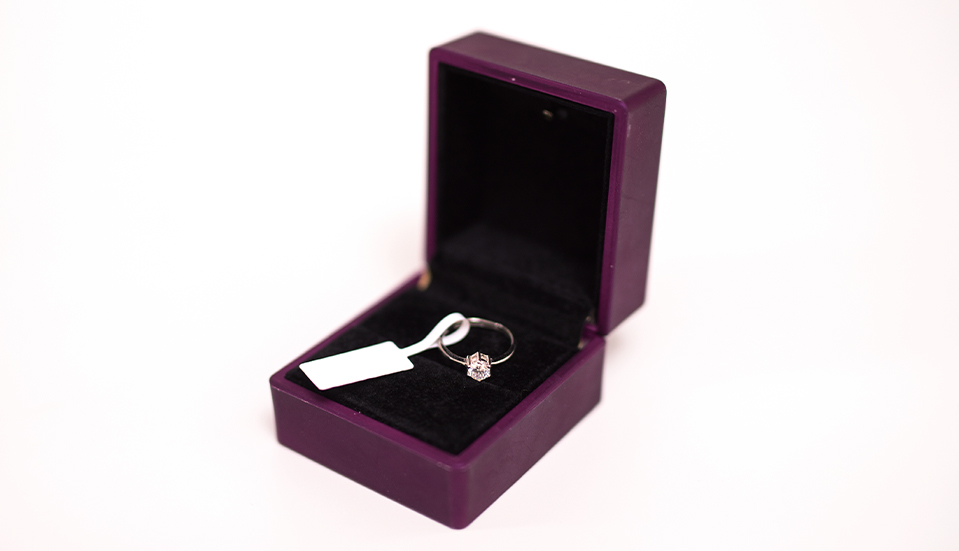

03. Cosmetic
The problems encountered by the cosmetics industry With the development and change of the economic situation, many uncertain factors have arisen, which have affected the changes in the decision-making behavior of cosmetics consumers. The changes in business models have prompted the entire industry to need products, channels, marketing and other aspects. Carrying out three-dimensional innovation has caused many problems that need to be concerned by cosmetic companies. First of all, cosmetics companies need to quickly grasp marketing information in real time. The biggest feature of the cosmetics industry is that there are many types and models of products, such as lipstick. A brand of lipstick will have several series, dozens of colors, and so many categories. Information, even if the production and supply are adjusted, the products that are easy to sell will inevitably be out of stock, and the products that are not easy to sell will be unsalable, resulting in losses. And due to the rapid changes in fashion trends, consumer preferences are also changing at any time, so manufacturers especially need to quickly and timely grasp the sales information of different regions and different sales points. Therefore, the introduction of RFID technology in the cosmetics industry is also the general trend.
04. Food
The application of RFID tags in the food industry is extensive and significant. Firstly, RFID tags are widely used for food traceability, ensuring the safety, quality, and anti-counterfeiting of food products. Consumers and regulatory authorities can trace the entire supply chain of food, improving product traceability and preventing food fraud.
In food supply chain management, RFID tags enable real-time and automated inventory tracking, enhancing inventory visibility and management efficiency.
For food that requires specific temperature storage, specific RFID tags are used to monitor and ensure food quality and safety. For example, low-temperature storage food requires the use of RFID temperature monitoring tags, while instant foods that require heating require specific high-temperature resistant tags.
Different types of food packaging also require specific tags. For example, bottled beverages or beverages packaged in metal materials are suitable for RFID flag tags.
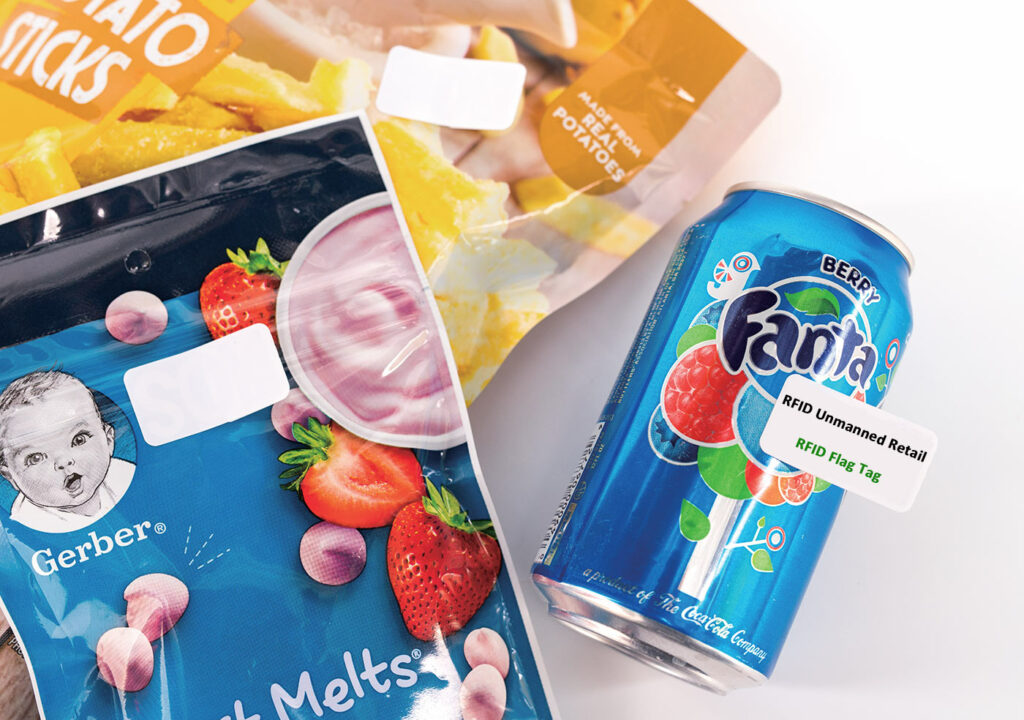
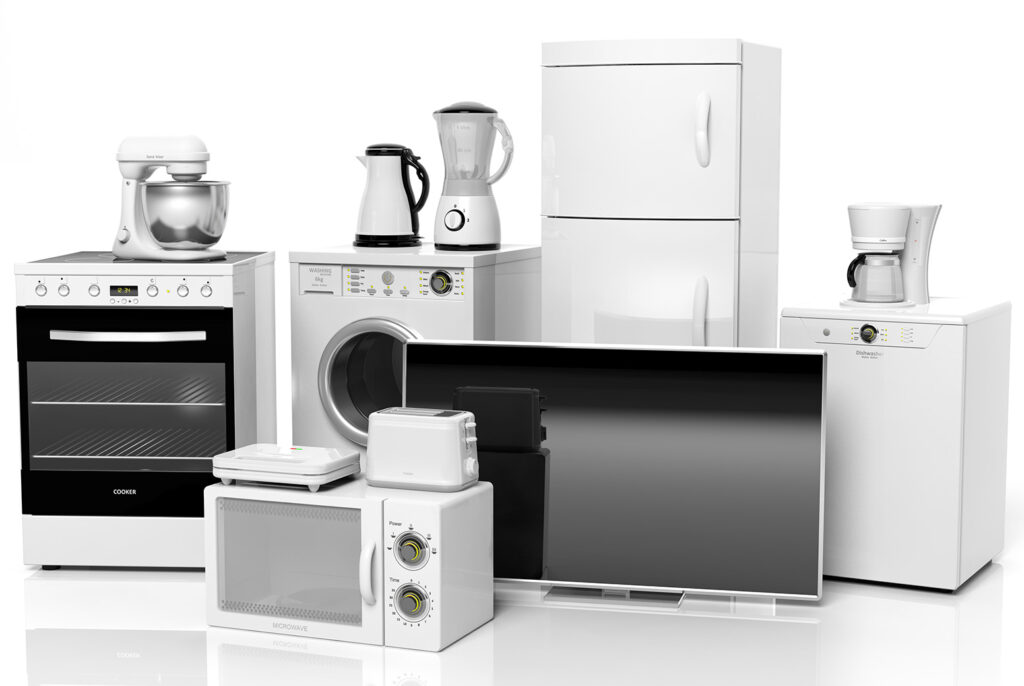
05. Electronic Products
RFID tags have a wide range of uses in electronic products and household appliances. RFID tags are particularly effective in anti-counterfeit identification and after-sales tracking of electronic devices.
First, RFID tags can be used for product tracking and anti-counterfeiting. By embedding RFID tags in electronic devices and digital home appliances, their production, distribution, and after-sales operations can be tracked to ensure their authenticity and compliance and to avoid the circulation of counterfeit and pirated products.
RFID tags can also be used for after-sales service and maintenance management. By attaching RFID tags to electronic products and digital home appliances, it is feasible to obtain after-sales history, repair data and warranty information of the products. This allows after-sales service personnel to quickly locate and accurately diagnose problems, improving after-sales service quality and customer satisfaction.
RFID tags can also improve inventory management and supply chain logistics efficiency, enhance after-sales service quality, and provide safer and more reliable products and services to consumers.



